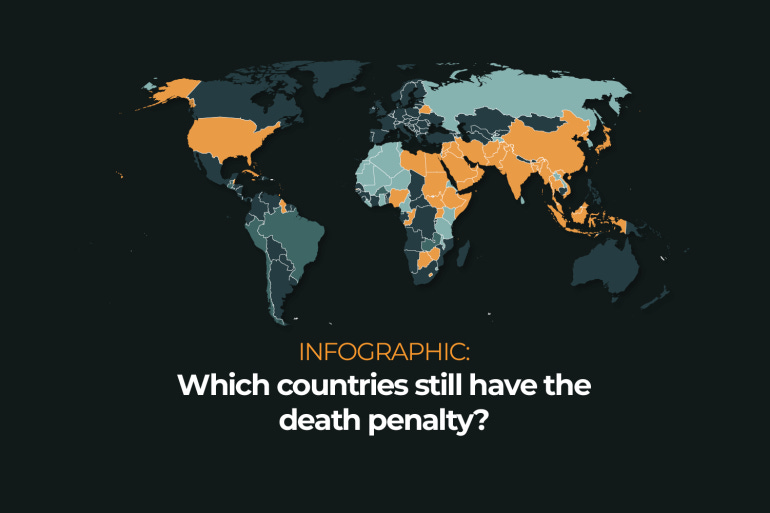I Knew a Serial Killer
a poem that contains a map

During my childhood, I played war in an old reservation barn with a future serial killer. He was just a child, too, so I don't know if he already knew his destiny. But, on that warm summer day, he carried an imaginary gun like the rest of us, shooting and shooting and lying about who'd been shot. Then the future serial killer opened an old door in the barn, and broke open a wasp nest. Screaming with pain, he ran through the barn as we, his enemy, sprayed imaginary gunfire at him. We didn't know that he was being chased and stung by the wasps. He crazily swatted at those deadly insects but we thought that he was pretending to wave off bullets. We loudly protested at first but then the wasps attacked us. And we Indian boys fled the barn, too. I think about that future serial killer from time to time. He was a white kid, a vandal and thief, who'd been sent to the rez by his beleaguered parents to live with his white sister. She'd married a white man whose family had lived on the rez for so many generations that they'd become almost Indian. The future serial killer's incipient psycopathy had already made him an exile. I sometimes think about his victims and how much agony that we Indian boys could've prevented if our bullets had been real on that summer day all those decades ago. Of course, I know that these thoughts of violence are just theoretical. There's no way that we Indians boys could've killed somebody, no matter their crimes. But, now, as adult men, I'd guess that I'm the only one of us who's opposed to the death penalty. I'd guess that more than half of my tribe believe in the death penalty because more than half of all Americans believe in the death penalty. What is it about us that makes us want to kill the killers? Look at this map that highlights those countries that still practice capital punishment:
Studying this map, I know there are questions to be asked, but I won't ask them. Instead, I'll let you feel uncomfortable with what you see— with what you can infer. So let's talk about history— about the eternal human desire to light bonfires and watch people burn. Not me, you say. Never me, you claim. But think of that future serial killer. Think of him running through that barn. What if those wasps had stung him to death? What if we Indian boys were kneeling beside him as he took his last swollen breath? Wouldn't that feel like God had killed that monster? These thoughts of revenge— these ugly words— might disturb you. They disturb me. I've previously written about that future serial killer but I've never pondered what we Indian boys might have done if we'd known what viciousness was on its way. I've never thought of us as executioners. These thoughts feel like sin. Are you as torn by this poem as I am? Are you contemplating how far you might go in your search for justice? If so then you can sit beside me in the church. You can open the hymn book and sing with me. You can fall to your knees and press your forehead against the pew and take public penance for your private need to dream about vengeance.



I hate that we love the death penalty. I always think of that Bryan Stevenson quote: the question isn't whether somebody deserves to die, but whether we've earned the right to kill.
My assistant scoutmaster was a serial killer. Killed three people I knew and had worked alongside in the Lewiston Civic theater. I was trying to explain to a friend the wake that such a thing cuts through your personal history. What ifs. Whys. With no answers to be found. Thank you for sharing this.